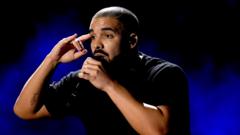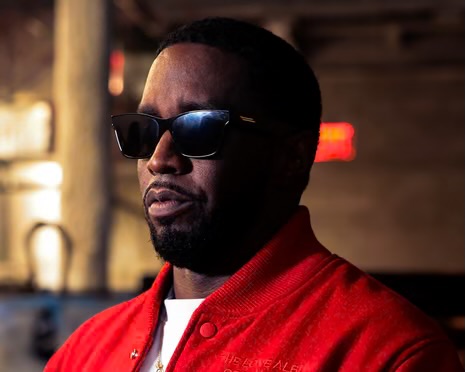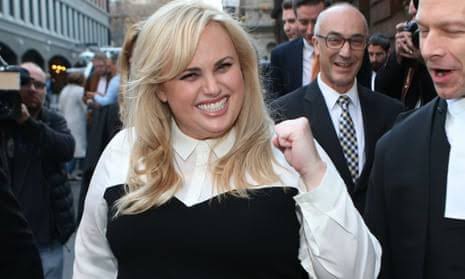Drake has filed a second legal action against Universal Music, amid an ongoing feud with fellow rapper Kendrick Lamar. The Canadian artist accuses the record label of defamation, asserting that it could have prevented the release of Lamar's song, which he alleges contains false claims regarding his character.
In the recently submitted legal documents, Drake's lawyers not only reiterate their stance but also seek to preserve related evidence from Universal and radio giant iHeartRadio, which the complainants claim may have participated in promoting the song through an alleged "pay-to-play scheme."
According to the legal petition, "Not Like Us" saw massive streaming success on iHeartRadio, corroborating Drake's accusations of marketing malpractice. Despite the accusations, Universal Music firmly rejects Drake's claims, describing them as “offensive and untrue.”
Drake's initial legal submission was made in New York, focusing on claims that Universal deliberately boosted the song's visibility on streaming platforms. In the new Texas filing, he alleges the use of automation to inflate streaming numbers and accuses the company of compromising ethical standards for financial gain.
The feud between the two rap icons escalated following the release of "Not Like Us," widely seen as a defining moment in their rivalry. Drake’s response track, despite its limited availability on social platforms, spoke to the robust nature of their back-and-forth. Both rappers have successful affiliations with Universal's various subsidiaries, further complicating the matter.
With both legal actions not amounting to formal lawsuits yet, they signal Drake's intent to pursue his claims vigorously, seeking validation and restitution for what he perceives as reputational damage stemming from Lamar's incendiary lyrics.
As their musical rivalry continues, the outcome of these legal efforts may have lasting implications not only on their careers but also on the broader hip-hop industry’s ethical marketing practices.
In the recently submitted legal documents, Drake's lawyers not only reiterate their stance but also seek to preserve related evidence from Universal and radio giant iHeartRadio, which the complainants claim may have participated in promoting the song through an alleged "pay-to-play scheme."
According to the legal petition, "Not Like Us" saw massive streaming success on iHeartRadio, corroborating Drake's accusations of marketing malpractice. Despite the accusations, Universal Music firmly rejects Drake's claims, describing them as “offensive and untrue.”
Drake's initial legal submission was made in New York, focusing on claims that Universal deliberately boosted the song's visibility on streaming platforms. In the new Texas filing, he alleges the use of automation to inflate streaming numbers and accuses the company of compromising ethical standards for financial gain.
The feud between the two rap icons escalated following the release of "Not Like Us," widely seen as a defining moment in their rivalry. Drake’s response track, despite its limited availability on social platforms, spoke to the robust nature of their back-and-forth. Both rappers have successful affiliations with Universal's various subsidiaries, further complicating the matter.
With both legal actions not amounting to formal lawsuits yet, they signal Drake's intent to pursue his claims vigorously, seeking validation and restitution for what he perceives as reputational damage stemming from Lamar's incendiary lyrics.
As their musical rivalry continues, the outcome of these legal efforts may have lasting implications not only on their careers but also on the broader hip-hop industry’s ethical marketing practices.

















